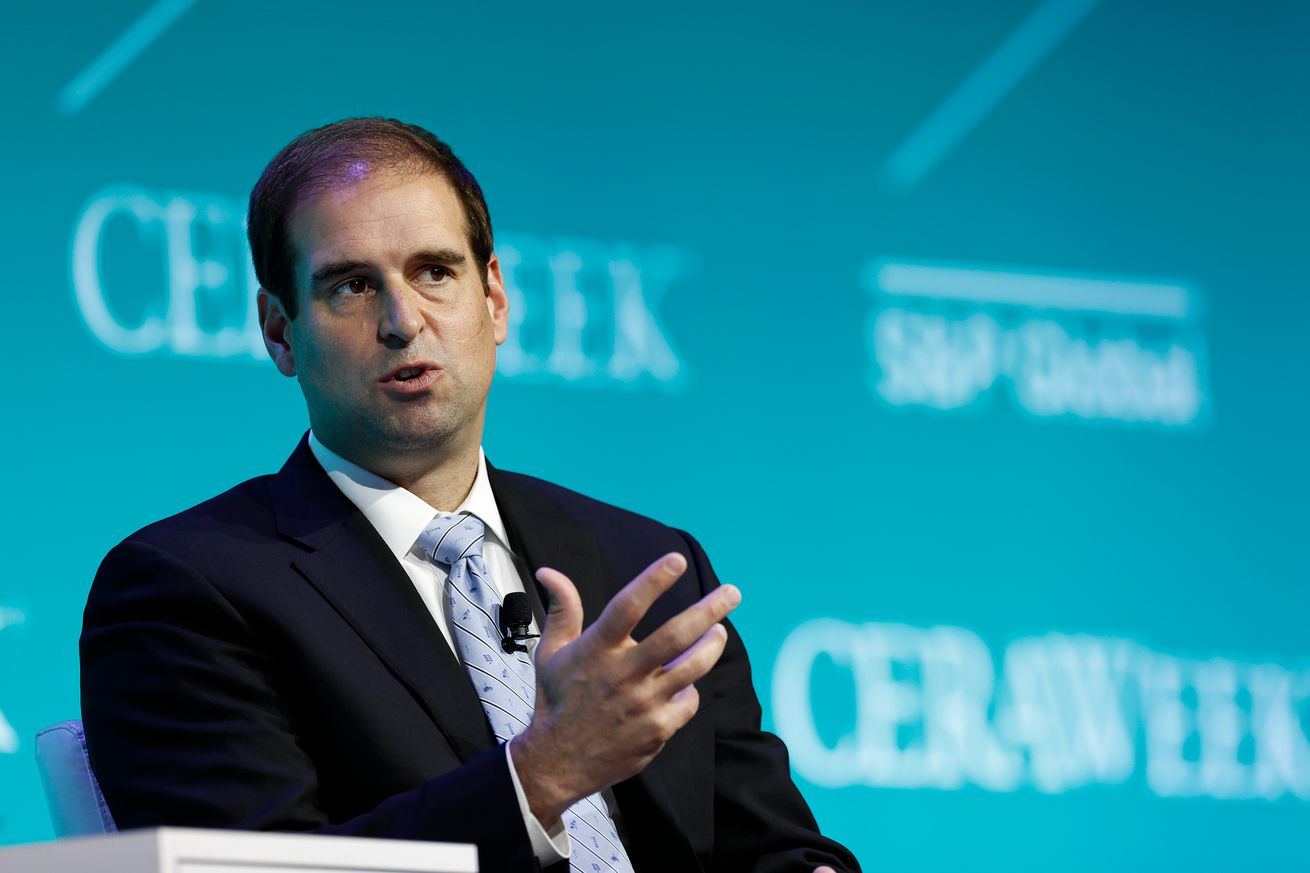
Redwood Materials scores $2 billion DOE loan to boost its EV battery recycling operations
Redwood Materials, the electric vehicle battery recycling venture founded by the former chief technologist at Tesla, has secured a $2 billion green energy loan from the Biden administration in what clearly is a major win for the nascent operation.
The loan originates from the US Department of Energy’s Advanced Technology Vehicles Manufacturing program, which famously helped put Tesla on the map and more recently provided a boost for a joint venture of General Motors and LG Energy Solution to help fund the construction of a new lithium-ion battery manufacturing facility. US Energy Secretary Jennifer Granholm is scheduled to tour Redwood’s facility in Nevada on Thursday to announce the loan.
Redwood recently announced plans to build a new $3.5 billion battery manufacturing and recycling factory in South Carolina. The 600-acre plant, which will be located just outside Charleston “in the heart of the ‘Battery Belt,’” will employ approximately 1,500 people over 10 years and will produce 100 GWh of cathode and anode components annually. The DOE loan, though, will be earmarked for the company’s plant in Nevada.
Redwood Materials was founded in 2017 by Jeffrey “JB” Straubel, a former chief technology officer of Tesla. In addition to breaking down scrap from Tesla’s battery-making process with Panasonic, Redwood also recycles EV batteries from Ford, Toyota, Nissan, Specialized, Amazon, Lyft, and others.
Many of the batteries from first-wave electric vehicles, like the Nissan Leaf and Tesla Model S, are just now reaching their end of lifespan and are in need of recycling. After receiving batteries from its various partners, Redwood begins a chemical recycling process, in which it strips out and refines the relevant elements like nickel, cobalt, and copper. A certain percentage of that refined material can then be reintegrated into the battery-making process.
Redwood is also positioning itself as a crucial player in the effort to bolster the US’s domestic battery supply. Today, most of the batteries that go into everything from consumer goods like laptops and phones, all the way up to electric vehicles, are made overseas, mostly in China. The Biden administration is seeking to shore up domestic battery manufacturing through the Inflation Reduction Act, which provides $10 billion in incentives for companies that build batteries in the US.
Redwood says it began manufacturing anode copper foil at its Nevada facility late last year, and later this year it expects to start exploring the production of cathode materials, which contains all the critical metals in a battery, like lithium, nickel, and cobalt. The anode contains copper and graphite and is primarily responsible for a battery’s charging performance. The company says it hopes to produce enough battery materials to power 1 million EVs a year.
“DOE’s support for this project represents a critical milestone in the United States’ commitment to establishing a domestic battery supply chain rooted in manufacturing and American innovation,” the company said in a statement. “By localizing this critical supply chain and producing anode and cathode components at gigafactory-scale in the US for the first time, Redwood is addressing perhaps the most important supply chain need in electrification and ensuring that the United States can deliver on its clean energy and sustainable transportation plans.”
Update February 9th, 12:27PM ET: The DOE loan will be earmarked for Redwood’s plant in Nevada. A previous version of this story misstated that fact.

